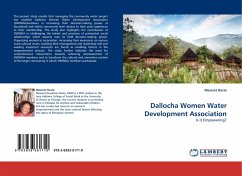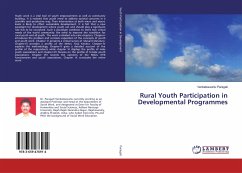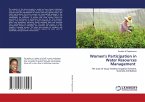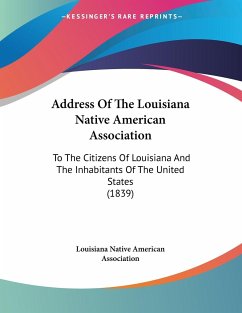The present study reveals that managing the community water project has enabled Dallocha Women Water Development Association (DWWDA)members in increasing their decision-making power at household and within community level relative to their prior experience to their membership. The study also highlights the contribution of DWWDA in challenging the beliefs and practices of patriarchal social relationships which expects men to hold decision-making power. Organizing women in association, increasing their awareness on various socio-cultural issues, building their management and leadership skill and availing important resources are found as enabling factors in the empowerment process. The study further indicates the need for comprehensive intervention towards achieving empowerment of DWWDA members and to transform the cultural and normative context of the larger community in which DWWDA members participate.
Bitte wählen Sie Ihr Anliegen aus.
Rechnungen
Retourenschein anfordern
Bestellstatus
Storno








